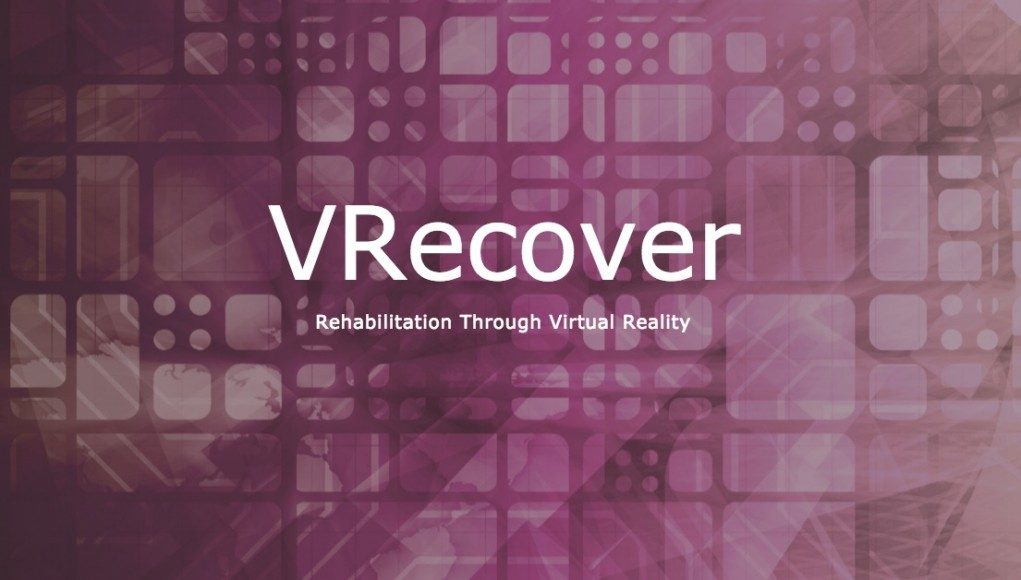 Michael Aratow is a clinician and health care executive who founded VRecover, which is health care startup making physical rehabilitation exercises more engaging with VR. He says that rehab is like homework, but that sometimes up to 90% of people don’t actually do the exercises. VRecover is betting that gamifying rehab exercises within immersive VR environments will help accelerate the healing process while making it more fun to do.
Michael Aratow is a clinician and health care executive who founded VRecover, which is health care startup making physical rehabilitation exercises more engaging with VR. He says that rehab is like homework, but that sometimes up to 90% of people don’t actually do the exercises. VRecover is betting that gamifying rehab exercises within immersive VR environments will help accelerate the healing process while making it more fun to do.
LISTEN TO THE VOICES OF VR PODCAST
Michael says that governments are looking for ways to cut costs and save money, and he sees that improving the rehab process is a simple and easy way to do that. Not only can surgery be avoided all together in some cases, but it can help accelerate the healing process with both rehabilitation and prehabilitation exercises.
VRecover is planning on developing a number of different VR experiences targeting the most popular rehab exercises starting with issues with the back, arms, and legs. For example, in order to increase the range of motion on the arms, they created a VR experiences where you close blast doors on a space ship. There’s an endless number of possibilities for creating experiences that encourage physical motion and have a therapeutic benefit, and they’ll be using a data-driven approach in deciding which rehab exercises that they’ll be initially targeting.
Michael has been involved with medicine in VR for the past 15 years, and he says that there’s over a decade’s worth of research showing how effect VR treatments are. There’s one study in particular that provided bogus range of motion feedback, and was able to show that people were able to have a wider range of motion that went beyond what they were able to do without VR.
VR rehab has the potential to start to gather more specific data on motion than was possible before. Not only could more accurate range of motion measurements be made over time, but it also could open up new metrics that weren’t possible to measure before such as velocity of movement. This could represent a trend towards personalizing rehab exercises beyond the standardized regiment that has been traditionally been given.
Recover is also going to target physical therapy offices directly rather than the general consumer market. The idea would be that the people would have to come into the office to do rehab exercises within a room-scale VR environment. Their initial prototype was using a Kinect to measure the range of motion, but they haven’t settled on a specific technology stack just yet. Perhaps they’ll eventually sell directly to the consumer market once the adoption of consumer VR grows past the point of existing game consoles, but they’re keeping their customer service demand lower by taking a B2B approach.
Finally, Michael sees that VR provides a new gateway into the mind, and that presence from immersive technologies enable a lot of new healing capabilities through enhancing cognition, controlling pain, and being able to manipulate perception for good.
Become a Patron! Support The Voices of VR Podcast Patreon
Theme music: “Fatality” by Tigoolio







